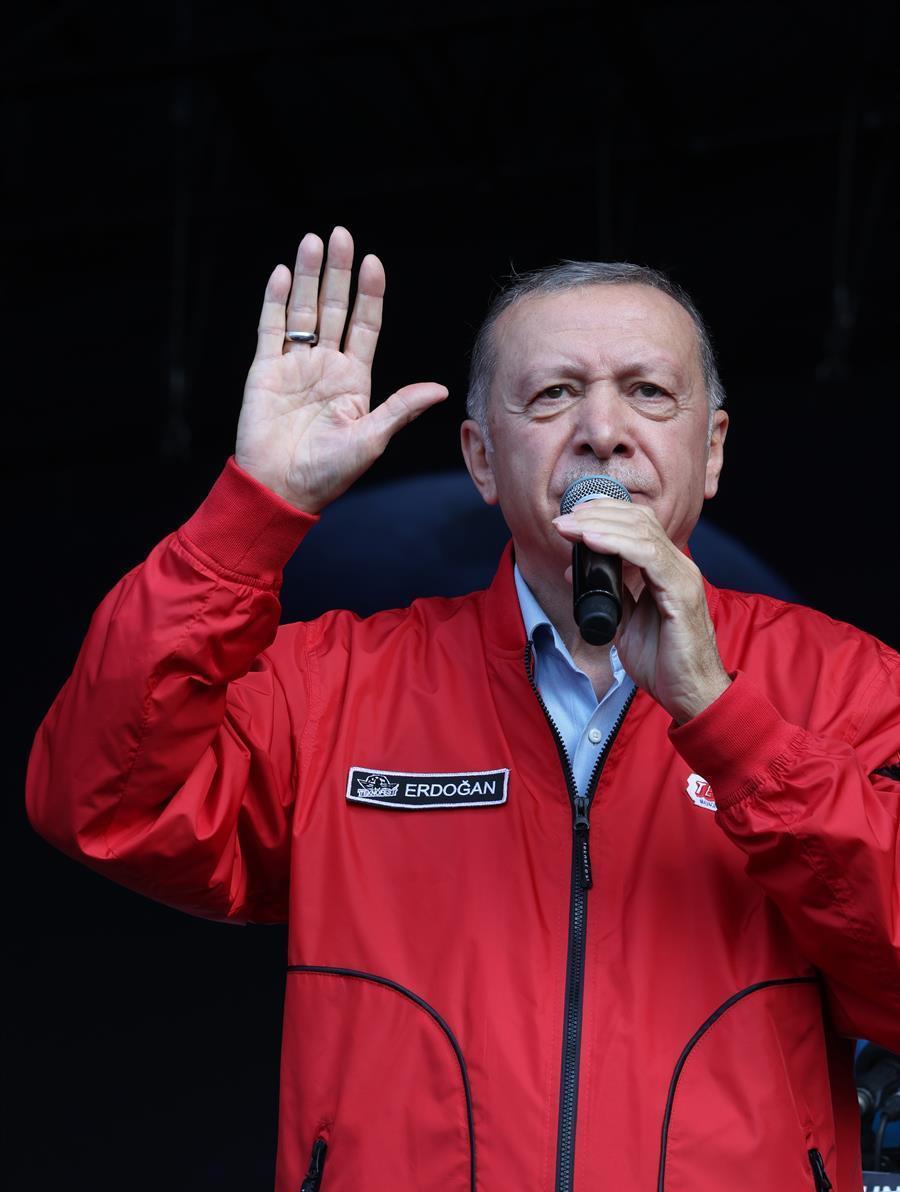
President Recep Tayyip Erdoğan will embark on a three-day Balkan trip on Sept. 6, including a visit to Bosnia and Herzegovina, Serbia and Croatia.
The agenda of the visits will be strengthening bilateral relations, regional peace and stability, and steps towards increasing the trade volume.
His first stop will be Bosnia and Herzegovina. Erdoğan is expected to meet with three members of the Presidential Council in the country.
He is expected to underline that Türkiye will continue to make every possible contribution to the continuation of peace in the Balkans.
Another important agenda item of Erdoğan’s Balkan trip will be economic ties. Steps to be taken to improve relations with the countries of the region will be evaluated during his meetings.
There will be bilateral and inter-delegation meetings and bilateral agreements will be signed.
A large delegation of businesspeople will accompany the president during his visit to three countries as they attend business council meetings. Steps to be taken to increase mutual investments and trade volume will be discussed as part of the talks.
The visit of Erdoğan comes as concerns mount that instability from the Ukraine war could spread to the Western Balkans. Bosnia is hundreds of miles from the fighting in Ukraine but faces an increasingly assertive Bosnian Serb separatist movement.
Bosnia is in the midst of a political row between the Bosniaks and Serbs living in the country, as Milorad Dodik, the Serb member of the country’s tripartite presidency, blasted legal changes banning the denial of genocide and the glorification of war criminals.
The crisis flared after nationalist lawmakers in post-war Bosnia’s semi-autonomous Serb entity passed a non-binding motion last year to start pulling the region out of the country’s armed forces, tax system and judiciary - a move long backed by Bosnian Serb leader Milorad Dodik.
The peace agreement established two separate governing entities in the country — one run by Bosnia’s Serbs and another one dominated by Bosniaks, who are mostly Muslims, and Croats. The two entities are linked by joint institutions, and all actions taken at a national level must be reached by consensus of the three ethnic groups.
Bosnia’s constitution, which was part of the Dayton Agreement, and its electoral law currently state that only members of the three main ethnic groups are eligible to stand for election to either the shared presidency or the upper house of the central parliament.
Ankara said earlier that Bosnia Herzegovina plays a key role in the region’s stability and that Türkiye will not allow a new conflict.
In June, Foreign Minister Mevlüt Çavuşoğlu had a Balkan tour. So far, he has visited Serbia, North Macedonia and Croatia, and his next destination is Kosovo.
In January, Serbia’s President Aleksandar Vucic visited Türkiye and attended the third meeting of the Türkiye-Serbia High-Level Cooperation Council in the capital Ankara.
Erdoğan said he and his Serbian counterpart agreed to broker crisis talks involving all parties in Bosnia.